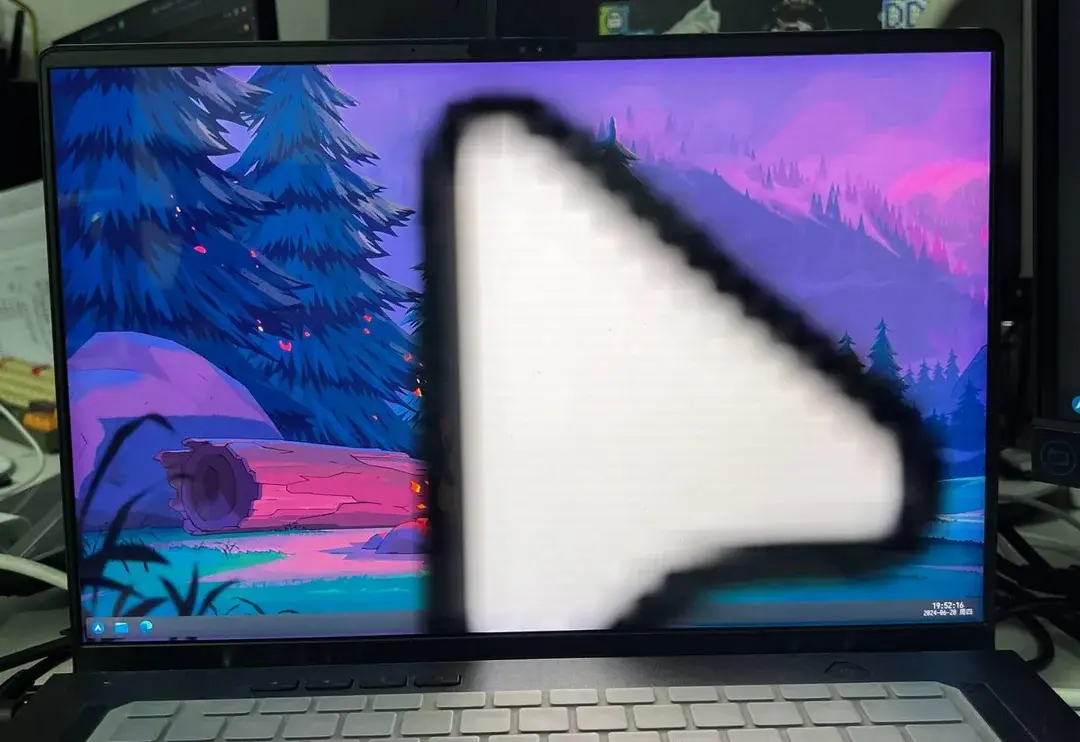548
you are viewing a single comment's thread
view the rest of the comments
view the rest of the comments
this post was submitted on 05 Oct 2024
548 points (98.9% liked)
linuxmemes
21637 readers
67 users here now
Hint: :q!
Sister communities:
Community rules (click to expand)
1. Follow the site-wide rules
- Instance-wide TOS: https://legal.lemmy.world/tos/
- Lemmy code of conduct: https://join-lemmy.org/docs/code_of_conduct.html
2. Be civil
- Understand the difference between a joke and an insult.
- Do not harrass or attack members of the community for any reason.
- Leave remarks of "peasantry" to the PCMR community. If you dislike an OS/service/application, attack the thing you dislike, not the individuals who use it. Some people may not have a choice.
- Bigotry will not be tolerated.
- These rules are somewhat loosened when the subject is a public figure. Still, do not attack their person or incite harrassment.
3. Post Linux-related content
- Including Unix and BSD.
- Non-Linux content is acceptable as long as it makes a reference to Linux. For example, the poorly made mockery of
sudoin Windows. - No porn. Even if you watch it on a Linux machine.
4. No recent reposts
- Everybody uses Arch btw, can't quit Vim, and wants to interject for a moment. You can stop now.
Please report posts and comments that break these rules!
Important: never execute code or follow advice that you don't understand or can't verify, especially here. The word of the day is credibility. This is a meme community -- even the most helpful comments might just be shitposts that can damage your system. Be aware, be smart, don't fork-bomb your computer.
founded 2 years ago
MODERATORS

Yeah. It's one of those things where I'm sure it's genuinely useful to some people but why on Earth is it on by default?!
Because shaking your cursor to spot it is kind of universal?
Fair. It still should be communicated better though, because it really does feel like a bug when you first encounter it.
MacOS had that feature for a long time, it's pretty intuitive. I've never heard of someone thinking it's a bug despite MacOS being very mainstream nowadays
We clearly live in different bubbles because this is the first time I've seen someone refer to MacOS as "very mainstream". iOS, sure, but I haven't seen many Macs out in the wild. It's certainly not common to the point where people would expect MacOS behaviour as the default.
MacOS has 25% market share for desktop operating systems in the United States. That counts as mainstream to me
Around 15% here in Germany. That's more than I expected, but it isn't mainstream. At least not in the sense that people will expect MacOS behaviour by default on their computers, or even to the point where you can expect familiarity with MacOS from most users.
Personally I'm going to have to agree with them as well I installed Kde recently and this exact feature I thought was a bug. When digging around on Google for about 15 minutes before realizing it was a feature I had to turn off.
As the other commenter said, when I first encountered it I whaybI though was that they put the Mac wiggle.
I don't think it's a thing on windows?
I didn't mean that the feature is universally available. I meant that lots of people will intuitively start moving their mouse to find the cursor, because our eyes are good at spotting motion and because it might be placed somewhere which matches its color.
Maybe not everyone starts shaking rapidly enough to trigger the feature, but well, you don't want it activating all the time either...
ah I see
It's a thing in macOS, however it doesn't infinitely grow lmao
Re: on by default
IMHO, the problem isn’t that it’s on by default, it’s the fine tuning of the feature. The velocity and pattern needed to trigger it + the lack of a reasonable max scale.
MacOS has had this on by default for a decade, but it feels more intentional when it appears. Meanwhile, I litterally still see KDE threads from people trying to troubleshoot “bugs” about their cursor size.
The KDE cursor needs about 15 min of a motion designer sitting next to the engineer that coded this.